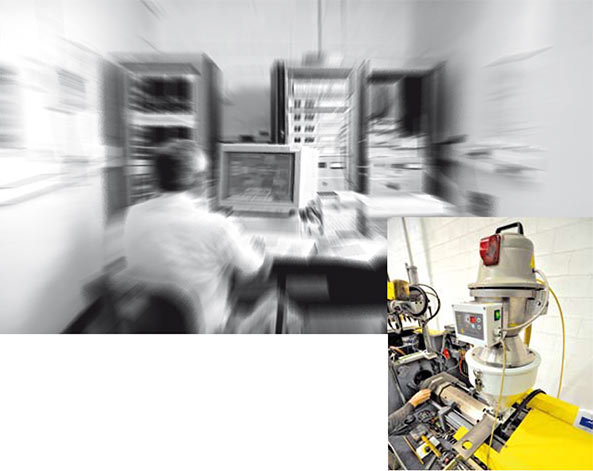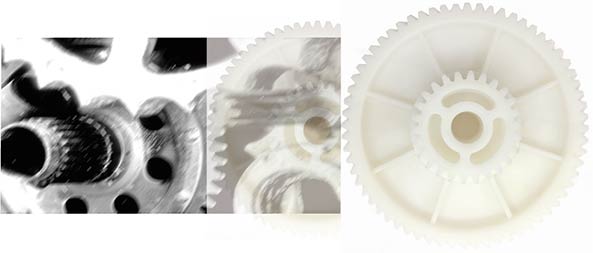

Activity
The passion and professionalism in GIACOPLAST make its team able to study and analyse the entire production process in depth.
This attention to detail is aimed at ensuring the best technical advice on the choice of the most appropriate plastic material for the Customer’s need, as well as full support and availability for the design, prototyping, mould production, sampling and product industrialisation.
To provide immediate feedback to the customer concerning the implementation of the product, GIACOPLAST is able to create prototypes, also through the use of modern 3D printers, as well as to complement its professional know-how with the use of injection moulding simulation technologies, such as Mould-Flow, in order to ensure the best technical and engineering product requirements to support production.
Through the sampling phase, Engineers and Designers perform tests and trials on both moulds and products, thus optimising the time required to finalise the production process. Each sample is then analysed and measured, in a dedicated department, for the preparation of dimensional and qualitative product reports, a function of the validation phase by the customer.
DESIGN AND PROTOTYPING

PRODUCTION AND METAL REPLACEMENT

GIACOPLAST is able to mould any type of amorphous and semi-crystalline plastic material, whether common, engineering or, above all, high performance such as technopolymers.
A peculiarity as well as specific activity of GIACOPLAST is that of “Metal Replacement” i.e. the reproduction and replacement of metal components with products made of high-performance plastics. This innovation uses specific and resistant technopolymers that will allow the Customer to obtain a very high quality and strong product, reducing production costs and future maintenance, without affecting the functional and performance specifications of the finished product.
The use of plastics in industry has many applications thanks to the cost, durability and resistance advantages of external agents that the plastic provides. For these reasons, plastics are replacing metals in many sectors and this dissemination has made it necessary to increase the commitment related to technological research and environmental protection.